During the winter months, when nature prepares for new life, Bulgarian tradition brings us a special holiday – Petlyovden (Rooster […]
St. Basil's Day | Survaki
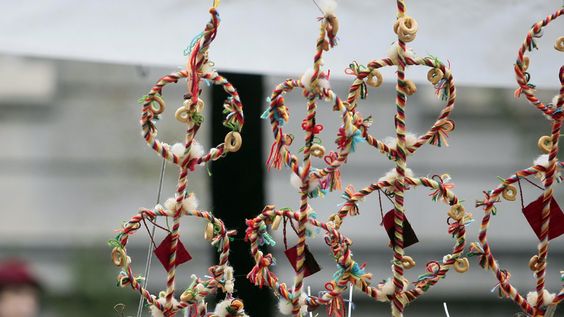
St. Basil's Day, Vasilitsa, or Survaki is a winter holiday known throughout the ethnic territory of Bulgarians. It is characterized by a rich festive ritual and is associated with an important turning point in nature, which makes it suitable for various fortune-telling and rites.
Folk Custom - "Survakari"
Folk tradition connects the feast of St. Basil the Great with the Survakan custom. Despite this small essential difference with carol groups, young men gather on St. Basil's Day to go around the houses at night and survive their owners. On the first day of January, groups of children also pass by, who also greet the owners of the houses. The ritual "survakane" itself is a kind of continuation of the carol blessings.
Both carolers and "survakari" groups have a leader and a person who acts as the donkey and collects the money and other gifts. Same as the carolers, the young men bring with them cornflowers decorated with popcorn, dried fruit,s and wool. In some places, instead of a cornel tree, they used twigs of a pear tree.
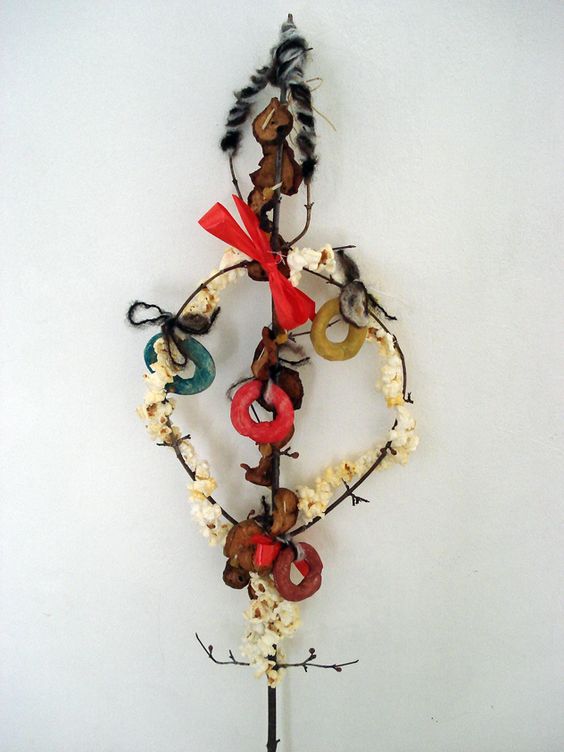
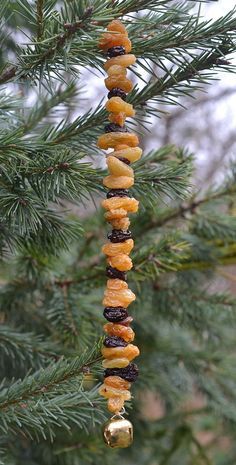
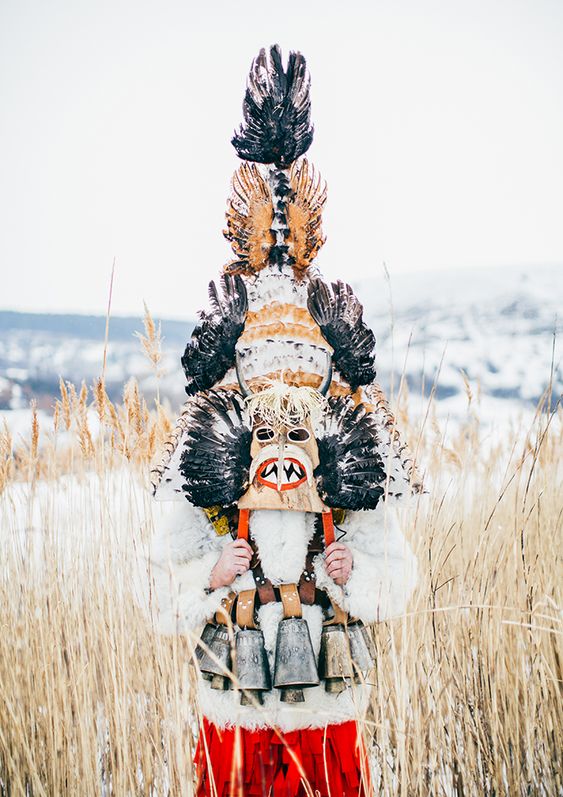
Fortune Telling
Along with Christmas and Survaki, it can be counted among the most mystical Bulgarian holidays. Because most of the rituals and rites performed during these days carry the spirit of the old Bulgarians.
- In the evening of Survaki, the landlady prepares the traditional fortune banitsa with luck. The people believe that the cornel tree is one of the healthiest tree species in our country. It is the earliest tree to bud and bloom, but its fruit is the last to be picked. At midnight the oldest representative in the family turns the bread. Fortune-telling is done around the fire for upcoming luck in the New Year.
- Thread-marked ivy leaves are left under the eaves overnight in a pan of water. In the morning people guess according to whose leaf is fresh or withered.
- If someone sneezes on St. Basil's Day, the first domestic animal born in spring is named after him, as this is considered a good sign.
- New Year's rites also include collective fortune-telling of which girl will marry and whom.
- On this day girls wash their hair with water in which a branch of a cornel tree is soaked, to make the hair healthy and shiny.
- In some parts of the country, the head of the family goes out with an ax in his yard and demonstratively threatens to cut down a fruit tree that has not given fruit in the past year. The other members of the family admonish him that this year it will give fruits. This is how they "induce" him to postpone the execution.
Traditional Food
The evening before the holiday, the family gathers around the table, which is piled high with various dishes - everything the family wants to have during the year: bread, banitsa, meat dishes, sauerkraut, honey, boiled wheat, walnuts, wine, etc. The New Year's table, like that of Christmas Eve, is not raised until the morning.
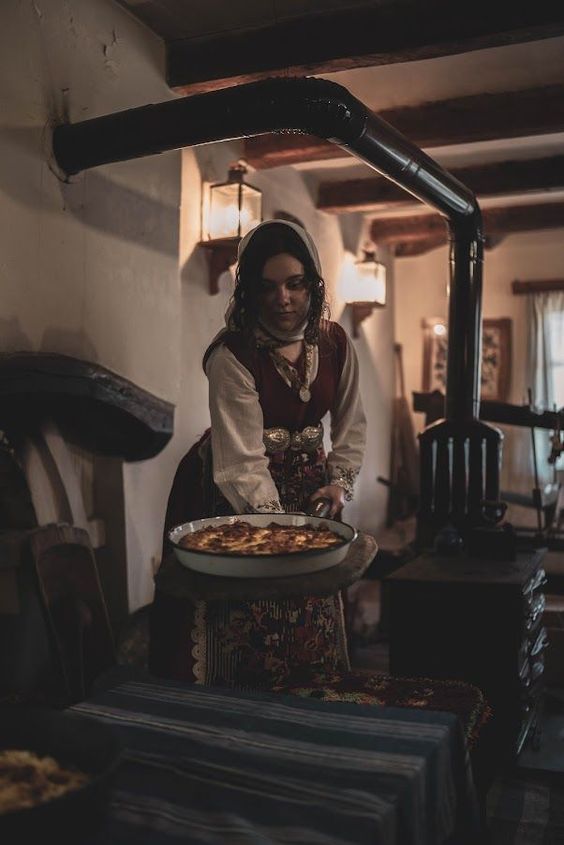
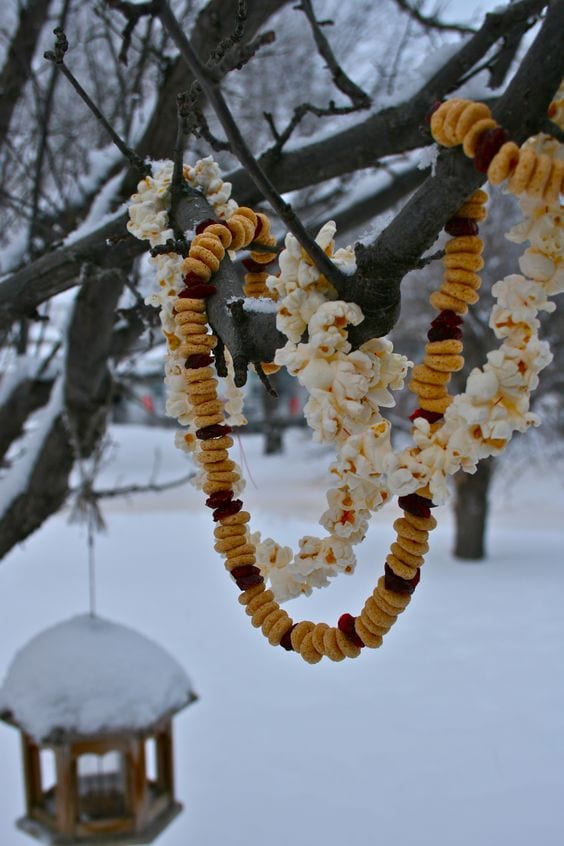
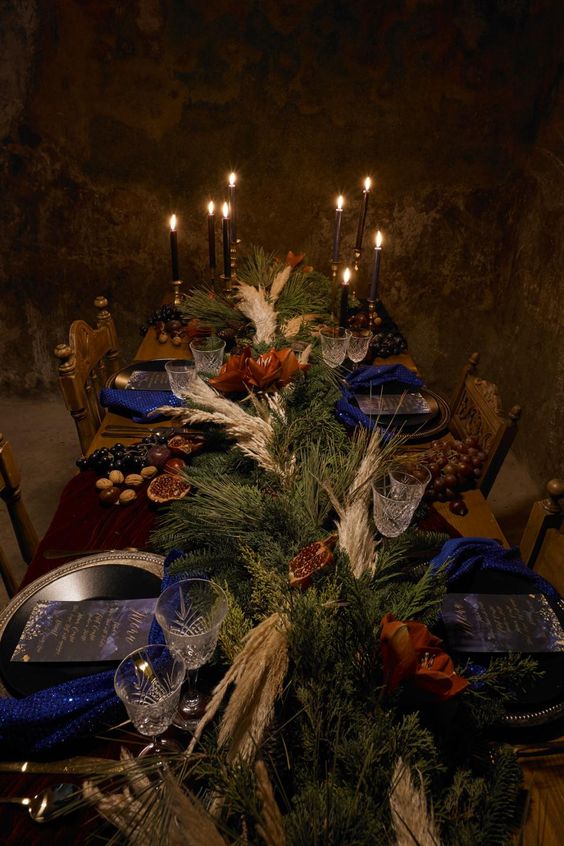
Name Day
On the 1st of January, all people with names such as Vasil, Vasilka, Vasilia, Vasilena, Veselin, Veselina, Vesela, Vasili, Vasilina, Vasiyana, Vaso, Vlada, Vlastin, Vlastina, Vlastomir, Vlaiko, has a name day.
